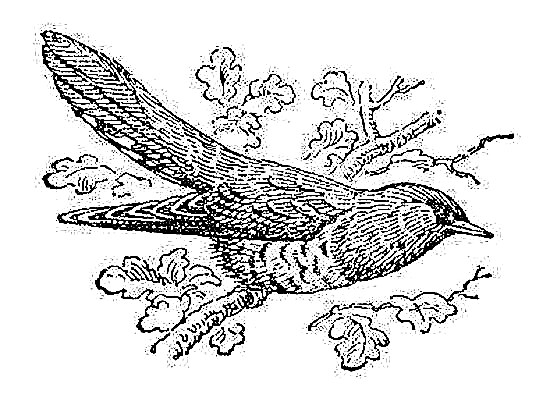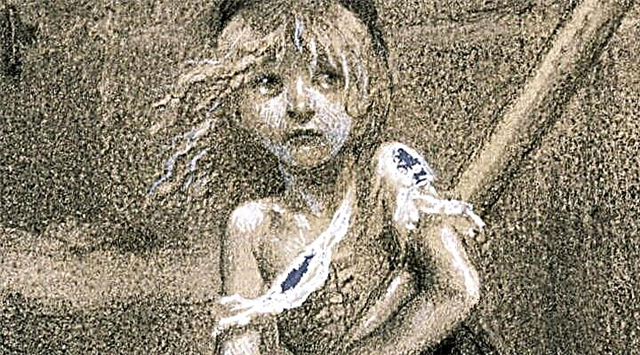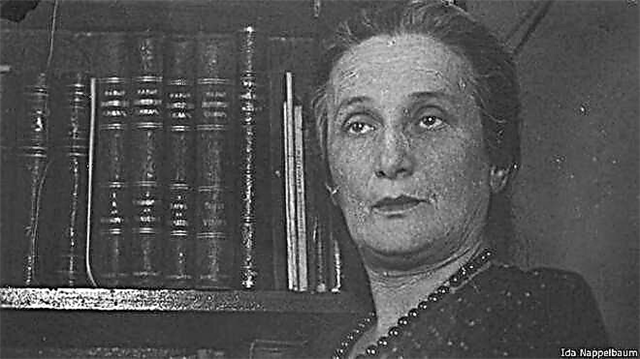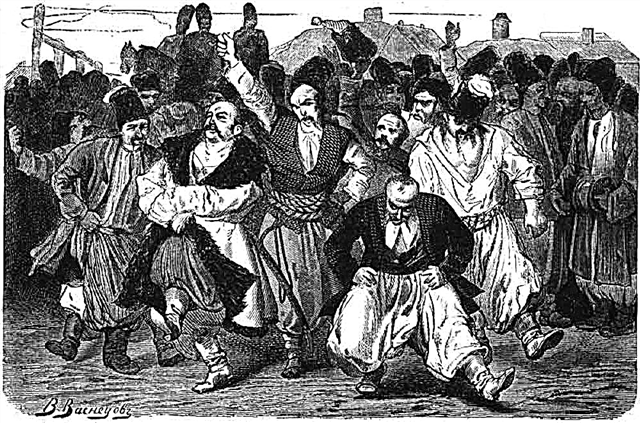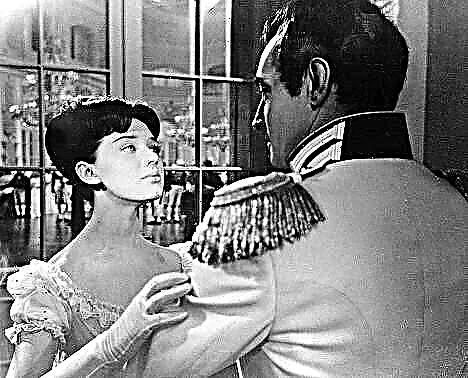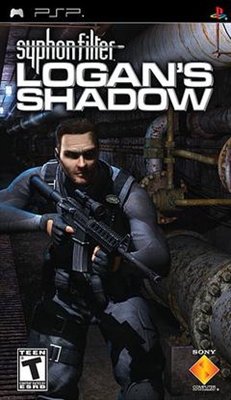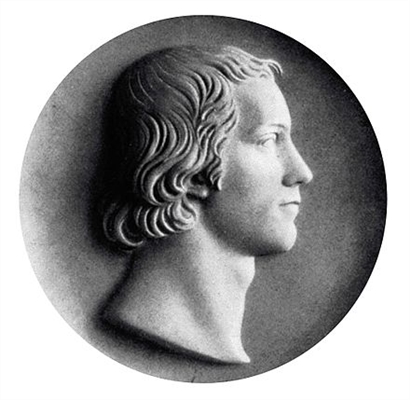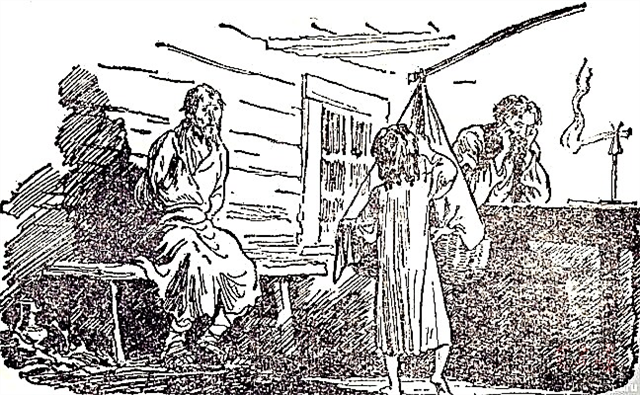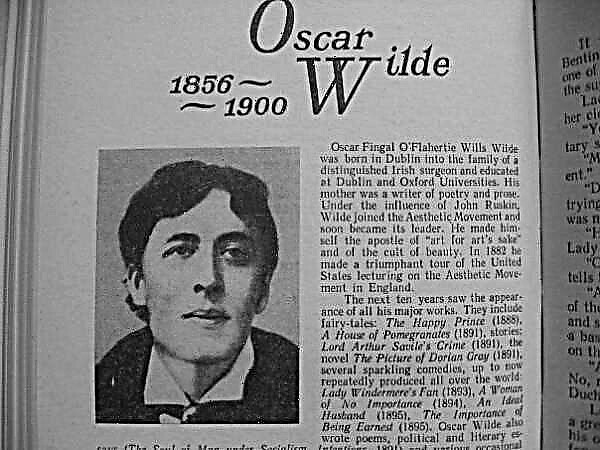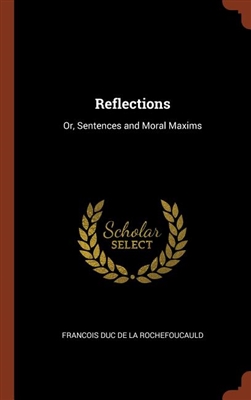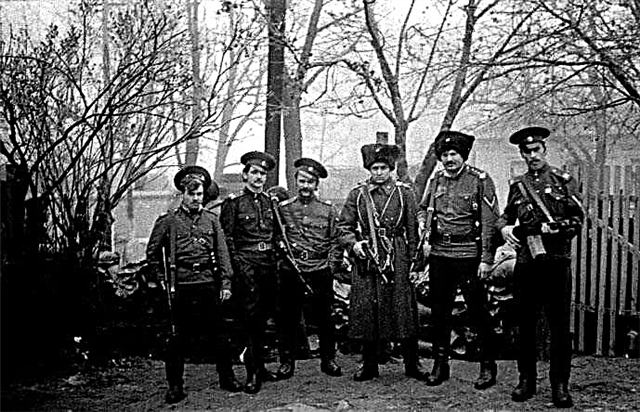The action takes place in the Urals in 1919. The protagonist of the poem is the bandit Nomah, a romantic character, an anarchist rebel who hates "everyone who is getting fat on Marx." He once went after the revolution, hoping that it would bring liberation to the whole human race, and this anarchist, peasant dream is close and clear to Yesenin. Nomah expresses his cherished thoughts in the poem: about the love of the storm and hatred of the routine, absolutely non-Russian, artificial life that the commissars imposed on Russia. Therefore, the image of the "positive" commissar Rassvetov in Yesenin goes pale.
Dawn is opposed to Nomah, but in the main it is one with him. Nomah, in which Makhno clearly guesses, Nomah, saying that gangs of the same deceived as him are multiplying throughout Russia - he is ready for both murder and seizure of power. He has no moral brakes. But Rassvetov, who had visited Klondike in his youth, was completely immoral, turned a stock-taking adventure there (giving the rock a gold mine and tore off the jackpot after the stock-exchange panic) and was sure that any fraud was good if the poor deceived the rich. So the Chekists who catch Nomah are no better than him.
Nomah raids trains traveling along the Ural line. Former worker, and now volunteer Zamarashkin is on guard. Here he is having a dialogue with Commissioner Chekistov, who blames Russia on what the world stands for hunger, for the savagery and atrocities of the people, for the darkness of the Russian soul and Russian life ... Nomah appears as soon as Zamarashkin is left alone. First, he tries to lure him into a gang, then binds, kidnaps the lamp and stops the train with this lamp. In a train of Rassvetov with two other commissars - Charin and Lobk - Tells about the future of Americanized Russia, about the “steel enema” that must be supplied to its population ... After Nomah robs the train, takes all the gold and blows up the steam locomotive, Rassvetov personally leads it Search. In a brothel where former White Guards drink and bandits smoke opium, Nomaha is tracked down by a Chinese detective Litza-hun. The author tries to show in the poem those main driving forces of Russian life that were identified by the beginning of the twenties: here is the Chekist Jew, whose real name is Leibman, and his cherished dream is to Europeanize Russia; here is the “sympathetic" volunteer Zamarashkin, who equally likes the commissars and Nomah; here are the commissars of the mines, believing that Russia can be reared up and made into a prosperous power ... But there are no elemental freemen, elemental power in all these characters. She remained only in Nomah and in the rebel Barsuk. The poem ends with their triumph: Nomah and Barsuk leave the KGB ambush in Kiev.
Yesenin does not give an answer to the question of who Russia needs now: absolutely immoral, but strong-willed and decisive Rassvetov or equally strong but spontaneously free Nomah, who does not recognize any power and no statehood. One thing is clear: neither Chekistov, nor the faceless Charin and Lobka, nor the Chinese Litsa-hun can do anything with Russia. A moral victory remains with Nomakh, who in the finale is no accident hiding behind the portrait of Peter the Great and watching the Chekists through his eye sockets.

 Why do we buy
Why do we buy